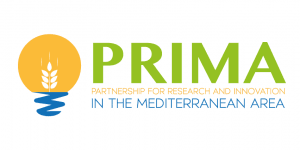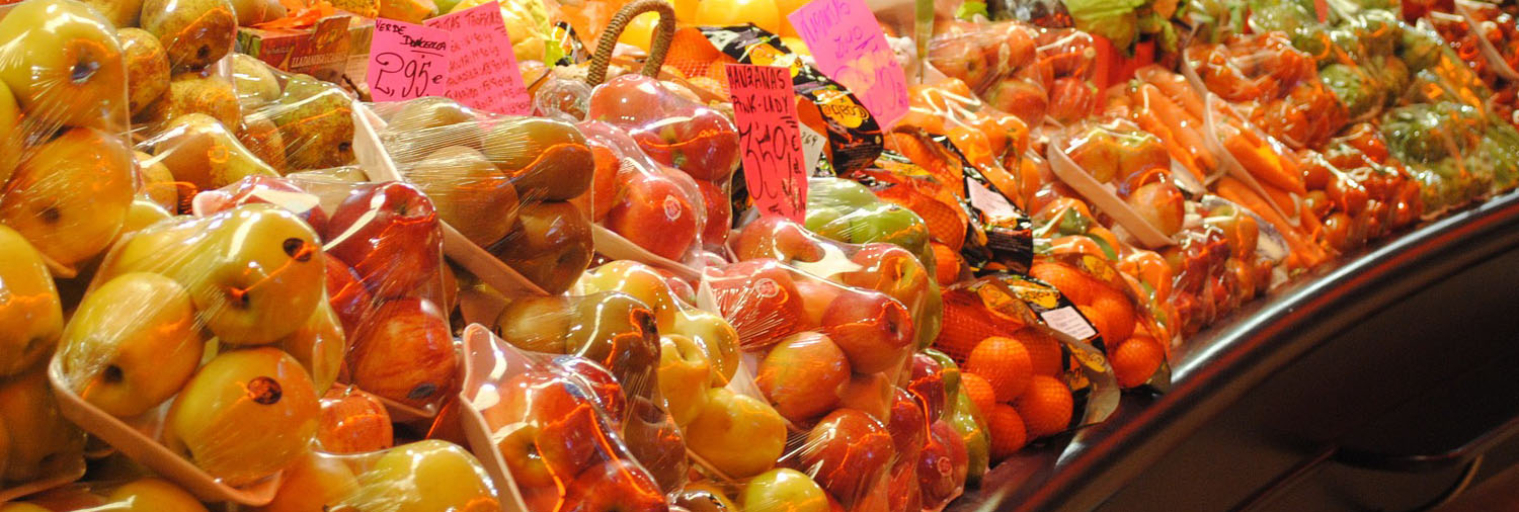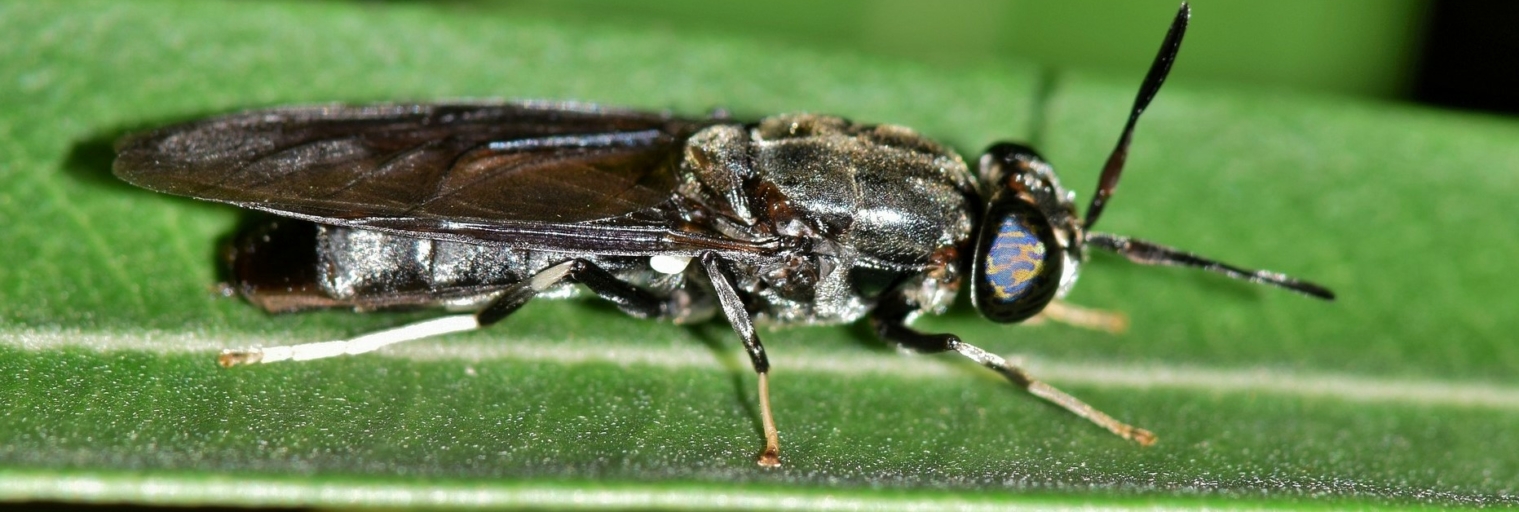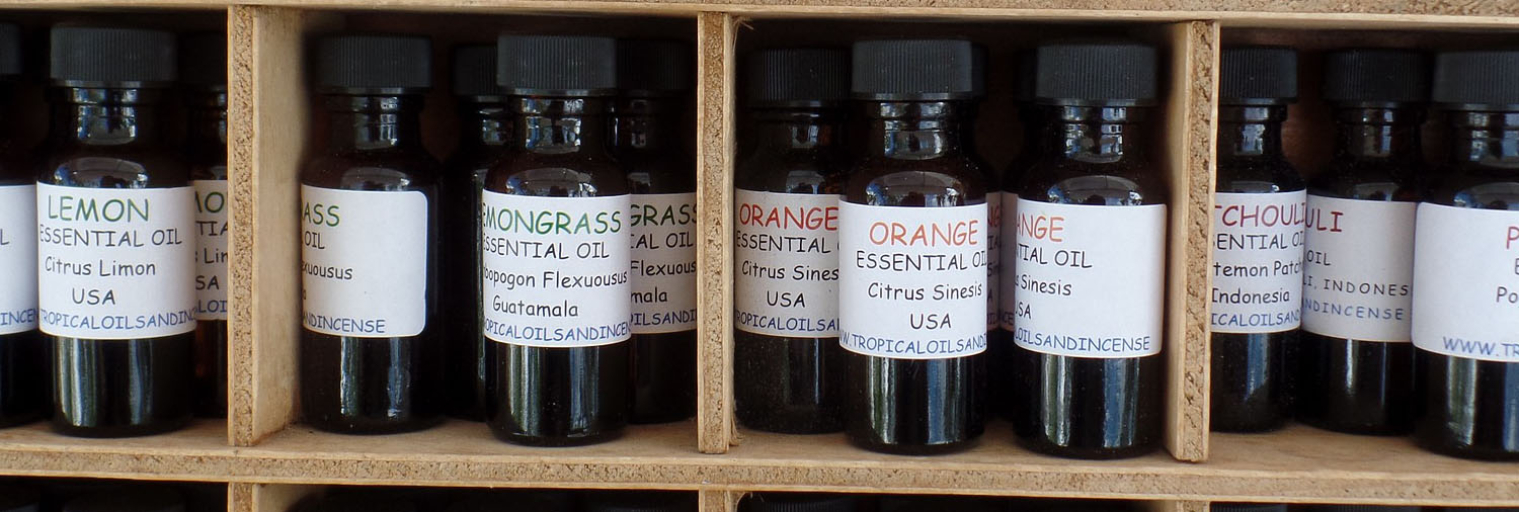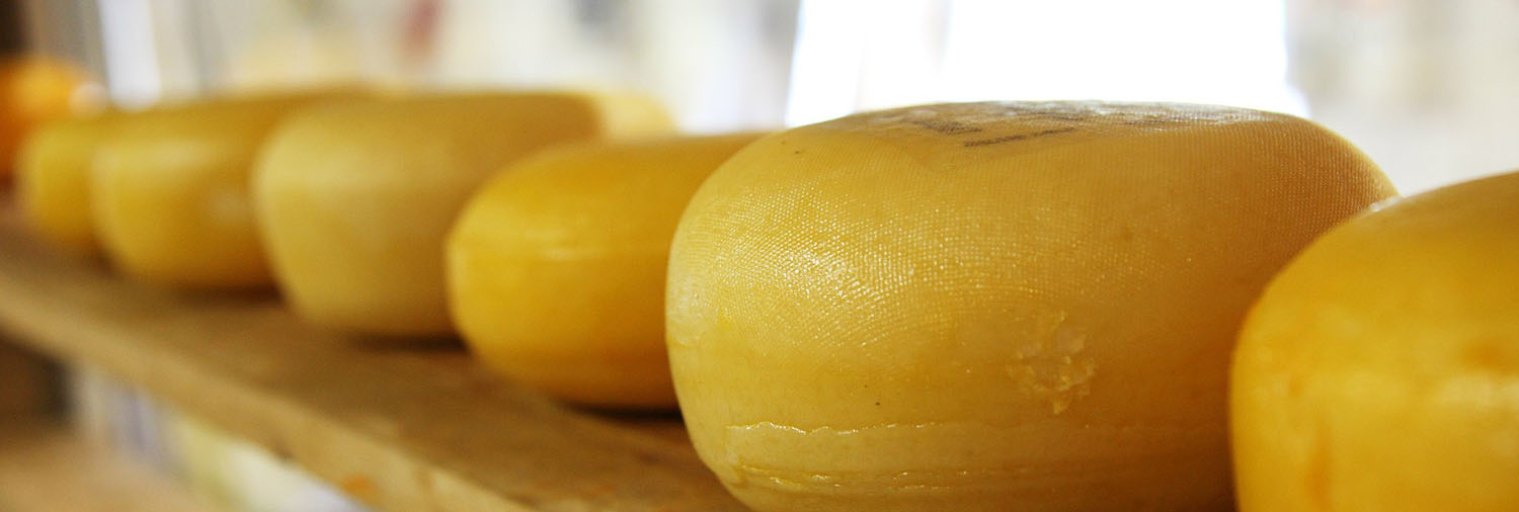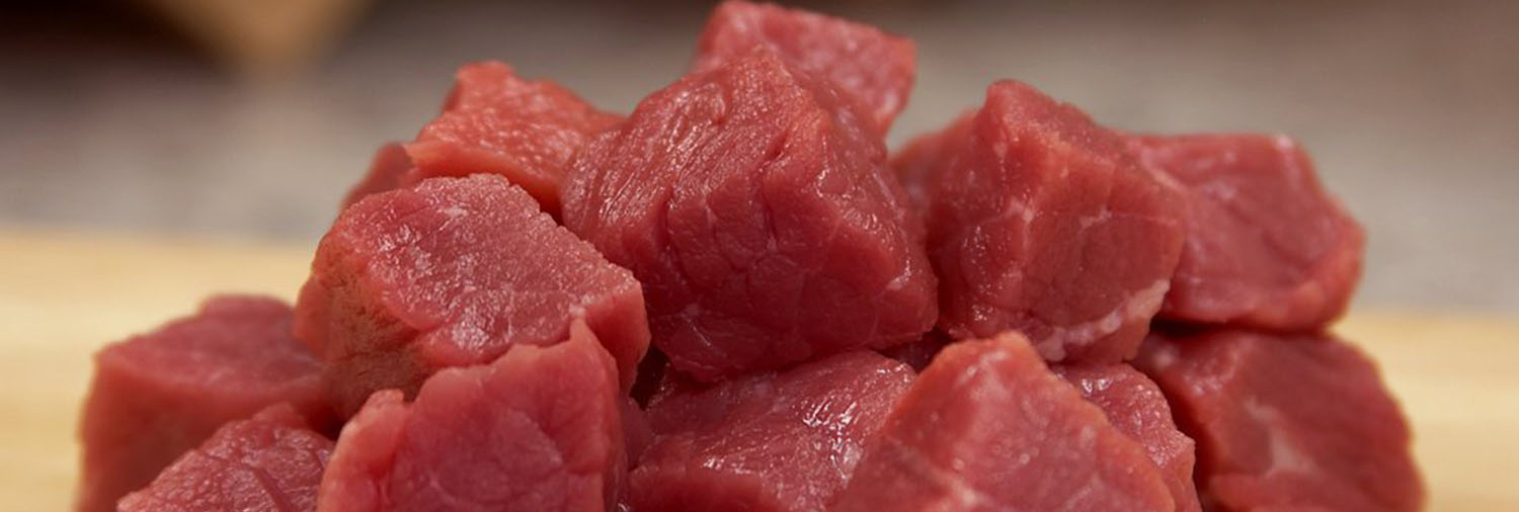Concept
Somewhere between 15 and 50% of fresh food produced on the global scale is lost after harvesting, post-farming and at storage stage. This percentage is greatly increased in developing countries, where the correct technologies for storage are lacking. Quality and shelf life of fresh food are affected mainly by mechanical damage, microbiological spoilage as well as insect attacks. These are the main causes of decay of fruit and vegetables, while, on the other hand, oxidation of unsaturated fatty acids can be considered the major non-microbiological factor that affects the quality and shelf life of meat and cheese. In countries where transportation inefficiencies, broken cold chains and non-optimal logistics affect the quality and durability of products, the problems are more evident due to the fact that asymptomatic fruits and vegetables, that may have been attacked by fungi and insect pests in the open field, could develop infestations, if preservation conditions are unsuitable, during the storage. In the case of meat and dairy, the attack of insect pests depends on the hygienic conditions of slaughtering and maturing room respectively. Pests attack and fungal pathogens development not only reduces the market value of food, but also expose consumers to the risk of ingesting toxic metabolites, including mycotoxins.
Background & Context
The solution proposed with FEDKITO, for the above problems, is the use of chitosan as liquid, spray or innovative smart active packaging based on CHT aromatized with essential oils (EOs), together with biosensor technologies to protect fresh food from insect and fungi attack in any conditions and to extend the shelf life of perishable Mediterranean food products. In addition, according to the circular economy criteria, chitosan production within FEDKITO is proposed as a mean of reuse of fresh food by-products and waste. In fact, this polymer will be obtained starting from the chitin-rich pupae and larvae of the black soldier fly, Hermetia illucens (Diptera Stratiomyidae), reared on fresh food by-products and waste. FEDKITO proposal will also target the use of devices for measuring mycotoxins, pesticides, residues and various fresh food quality characteristics, by validation of low-cost electrochemical paper-based biosensors and multiplexed user-friendly smartphone-based biosensors, that will allow real-time monitoring of fresh food quality during storage and transportation.
FEDKITO will ensure a multi-actor approach. For these reasons, in the project are involved entomologists, mycologists, chemists, sensory analysts, material engineers, producers, economists, communication experts and data analysts characterizing the research and innovation cycle, and therefore involving different and complementary types of knowledge working together with the necessary combination of skills, technology and motivation.
General objectives
The general objectives of FEDKITO are to:
- develop innovative strategies for fresh food pest and pathogens control at the post-harvest and storage stages, targeting key species for each of the products considered, such as Ceratitis capitata (Diptera Tephritidae) and Drosophila suzukii (Diptera Drosophilidae) for fresh fruits, Spodoptera littoralis (Lepidoptera Noctuidae) for vegetables, Calliphora vomitoria and Lucilia sericata (Diptera Calliphoridae) for meat and Piophila casei (Diptera Piophilidae) for dairy products. As far as fungal pathogens concern, Penicillum spp., including the mycotoxin-producer P. expansum, will be included as target;
- create innovative packaging materials that will prevent attack from insect pests and fungal pathogens of fresh food by means of chitosan added with natural compounds such as plant essential oils, improved by low-cost biosensor technology that will monitor mycotoxins, pesticides, residues and various food quality characteristics;
- implement market-oriented new technical solutions with industrial relevance, that will promote advances in food security during fresh food processing and storage;
- establish new protocols for fresh food processing, storage, and trade;
- recycle waste and by-products of main production system by insect rearing to produce chitosan according to the circular economy criteria;
- evaluate the impact of the new technology on the nutritional and sensory attributes of fresh food
Expected Impacts
The aim of FEDKITO is to setup innovative toolboxes to support Green Management for the insects and fungi that attack fresh foods in post farming. The smart packaging chitosan-based and biosensors developed within the project will reduce organic contaminants in fresh food, prolonging the shelf-life and improving its healthy attributes. According to the principles of circular economy Hermetia illucens larvae and pupae will be reared on fresh food waste to be used as a source of chitosan.
Main Results Achieved
FEDKITO explores the possibility to control the attack of insect and fungi in post-farming by chitosan based packaging. Moreover, the development and validation of biosensors for food safety and quality assessment will be exploited for measuring mycotoxins, pesticides, residues and various food quality characteristics. In compliance with circular economy principles, insects will be reared on waste and by-products with the aim of eliminating waste and as a source of chitin to produce chitosan.
Future Challenges & Opportunities
The operational activities of FEDKITO have been designed to face the challenge from different perspectives, including technical, organisational and social aspects, which will help to bridge the gap between science and practice. Applying a “systems approach”, FEDKITO covers a wide range of disciplines and expertise, involving highly skilled and experienced partners and stakeholders from research institutions, SMEs from industrial and agro-food sectors, as well as retailers and consumers.

